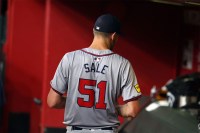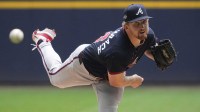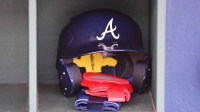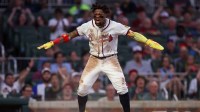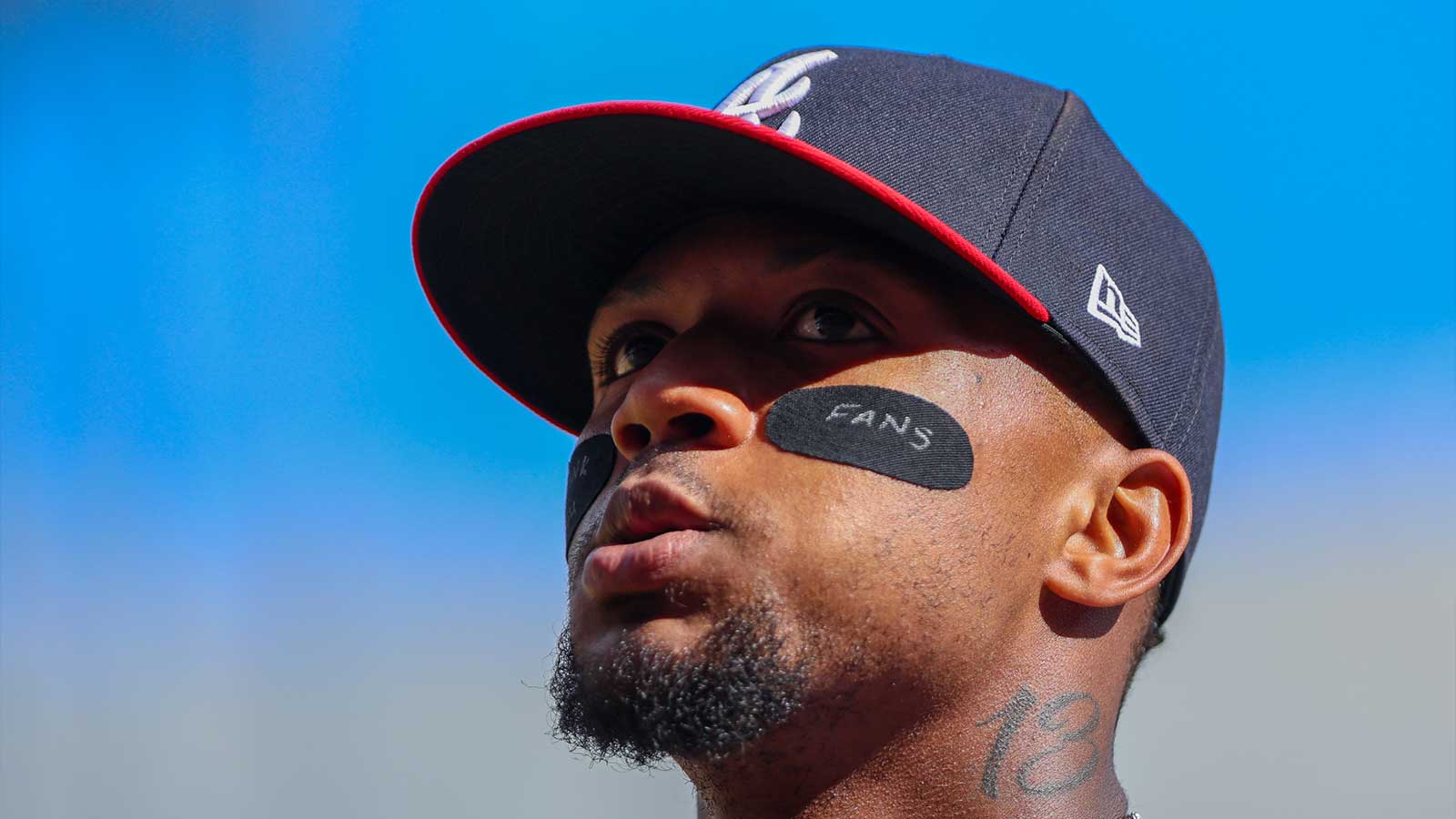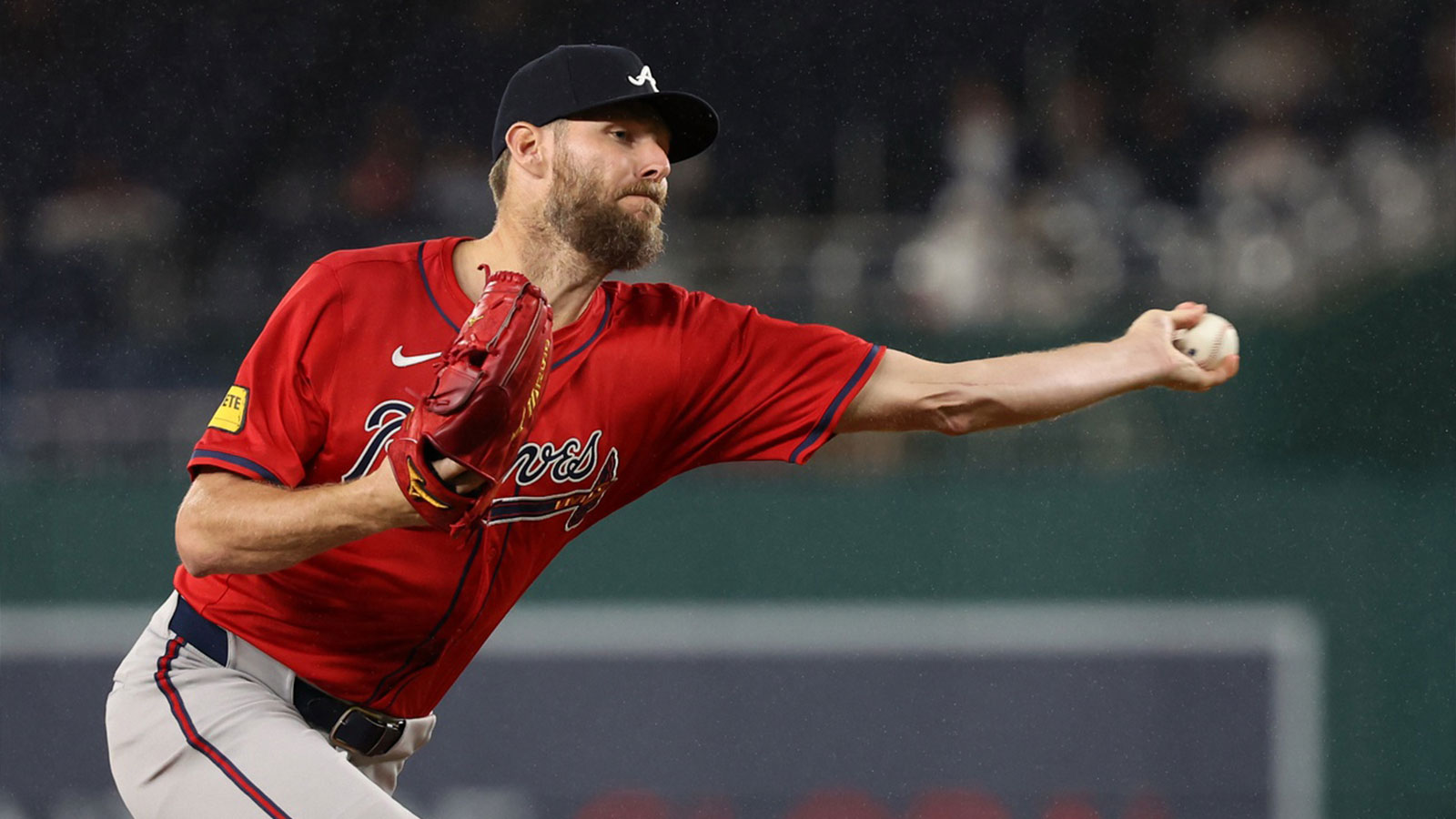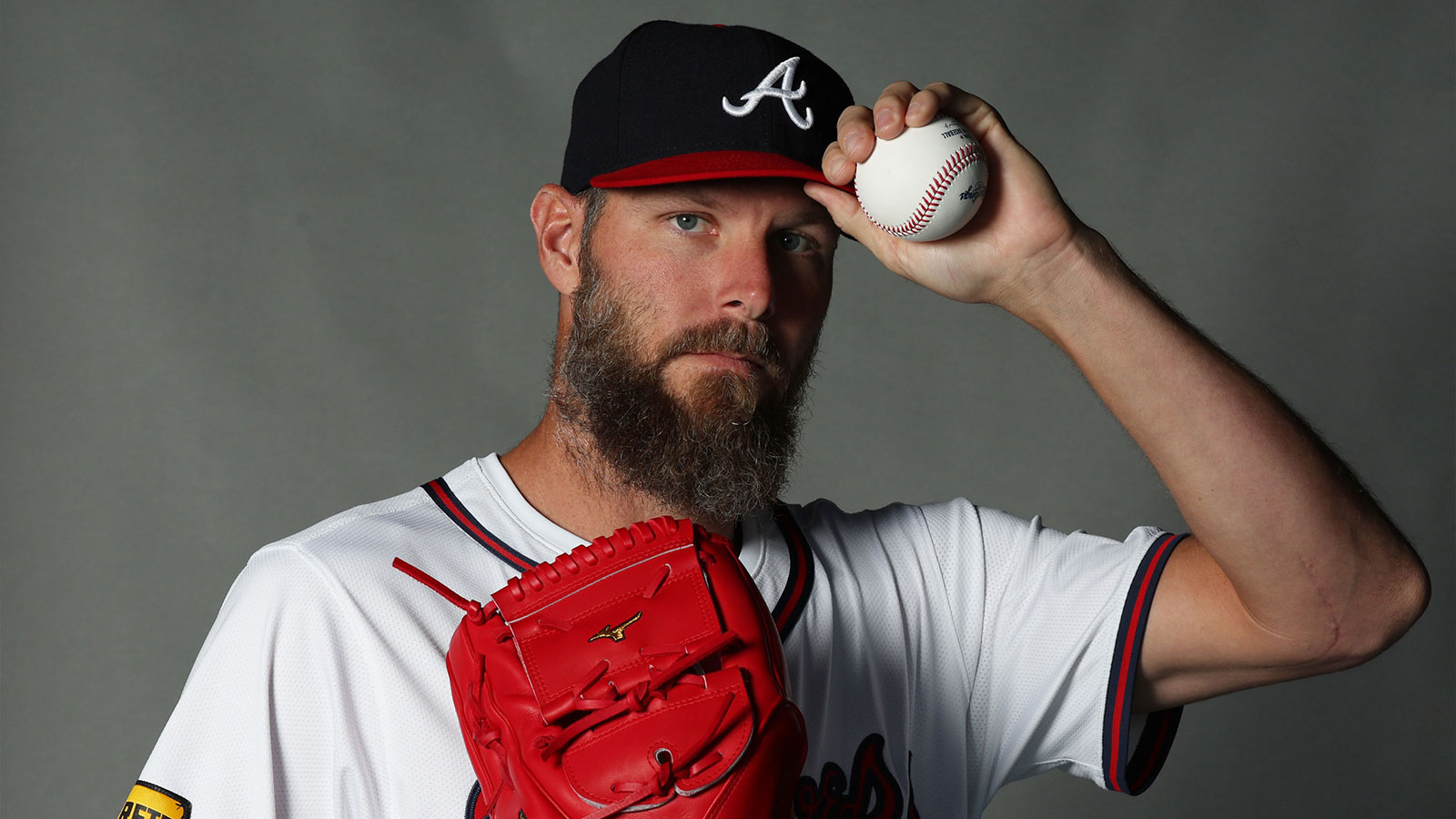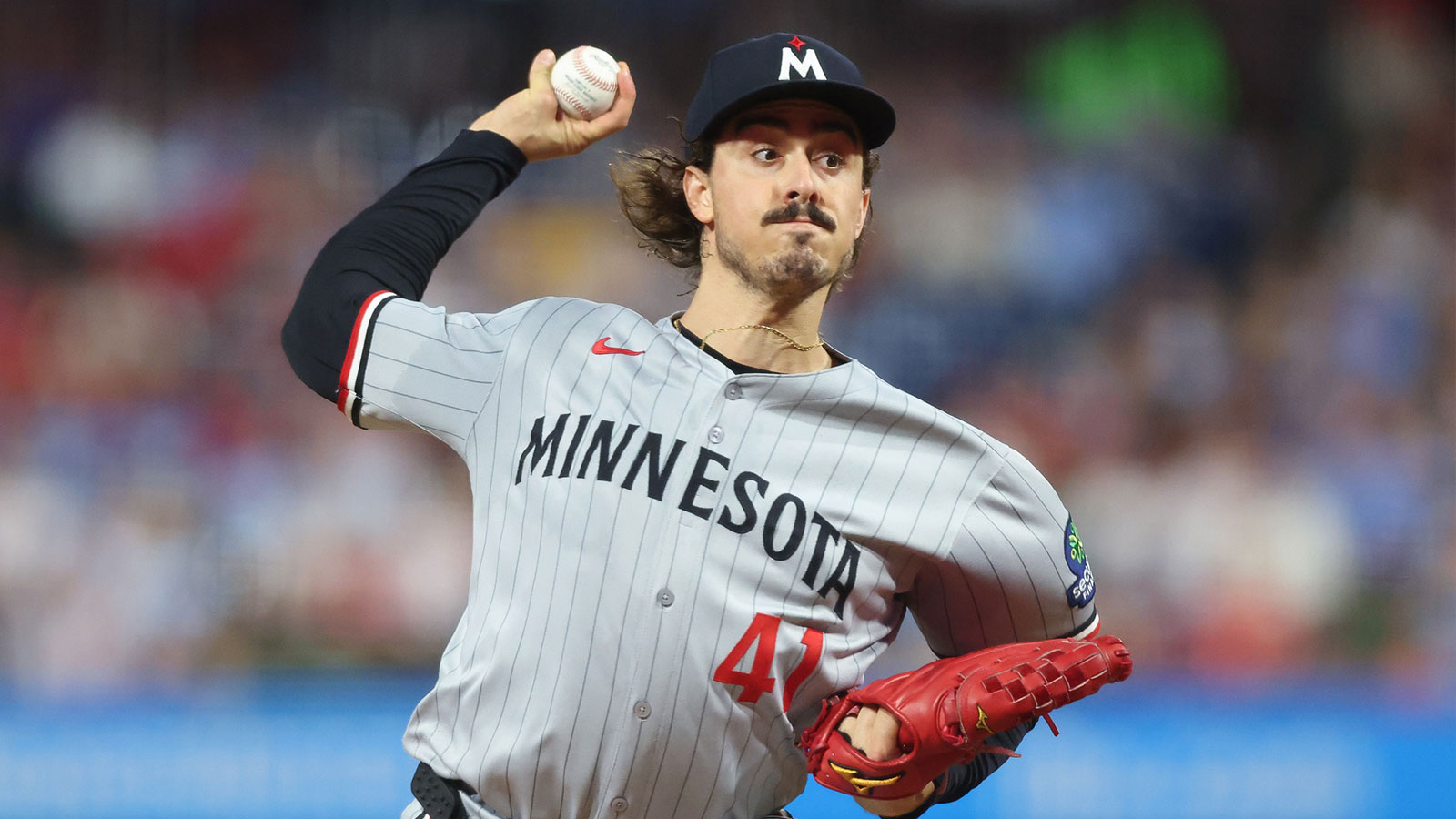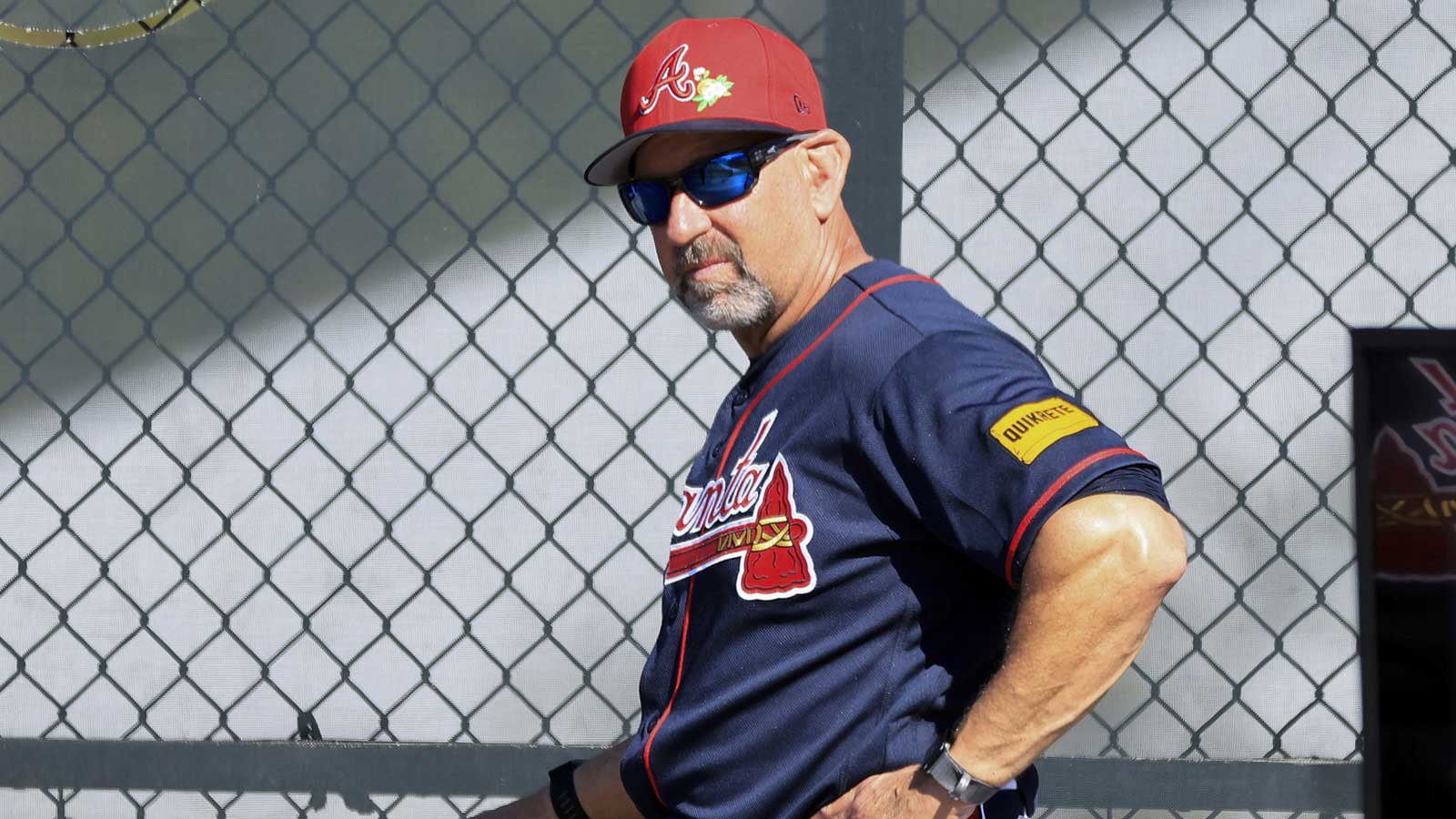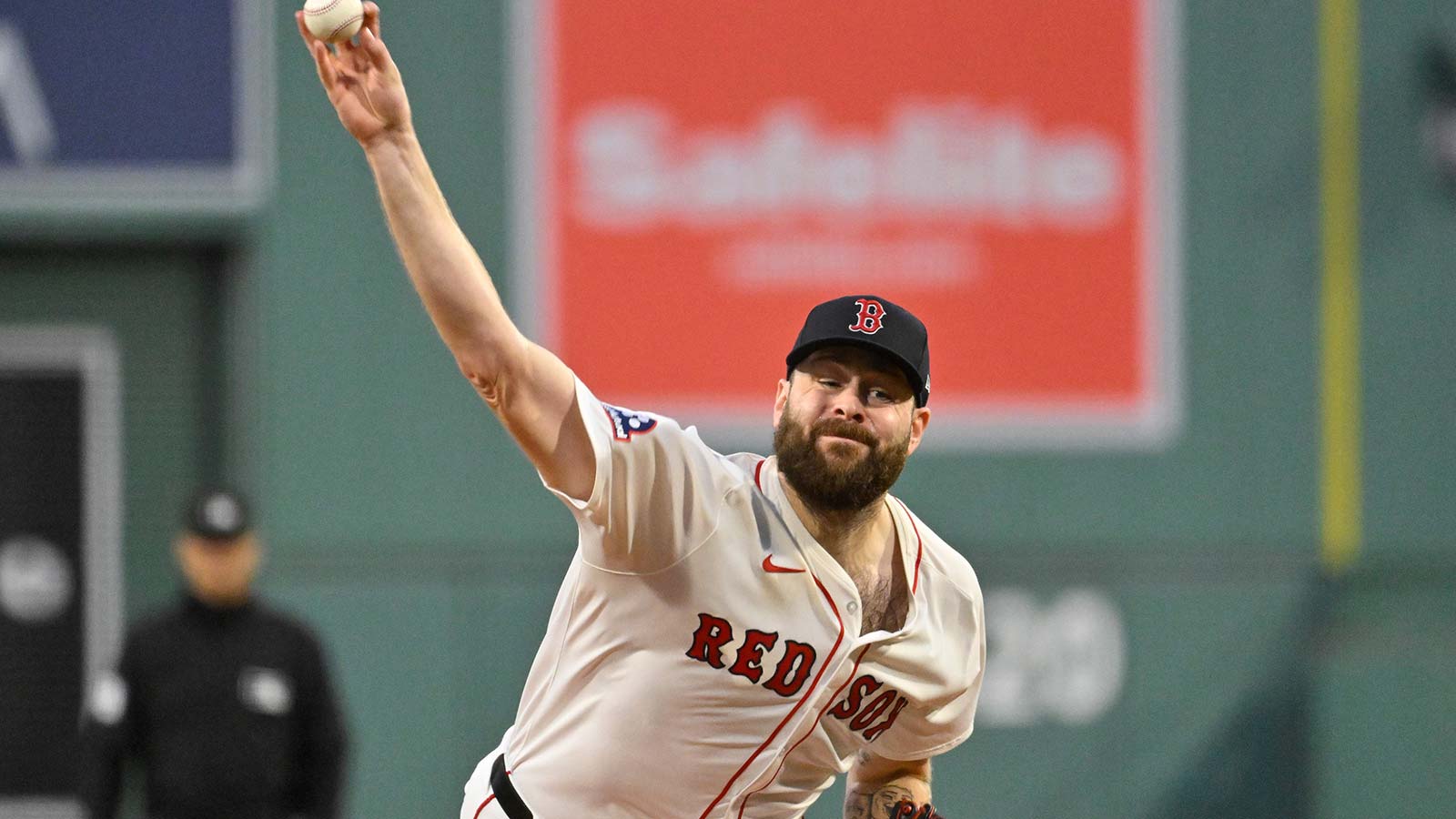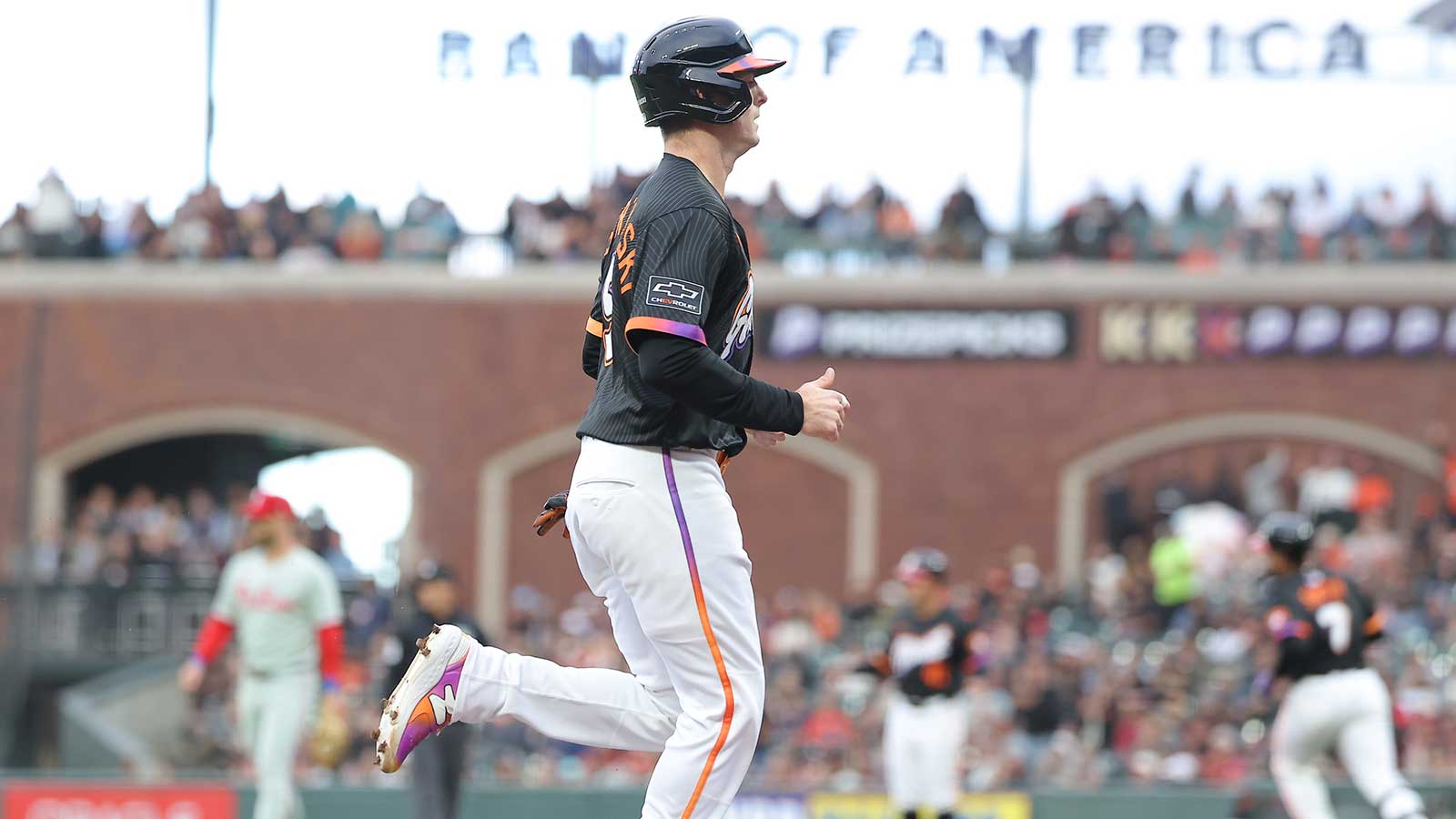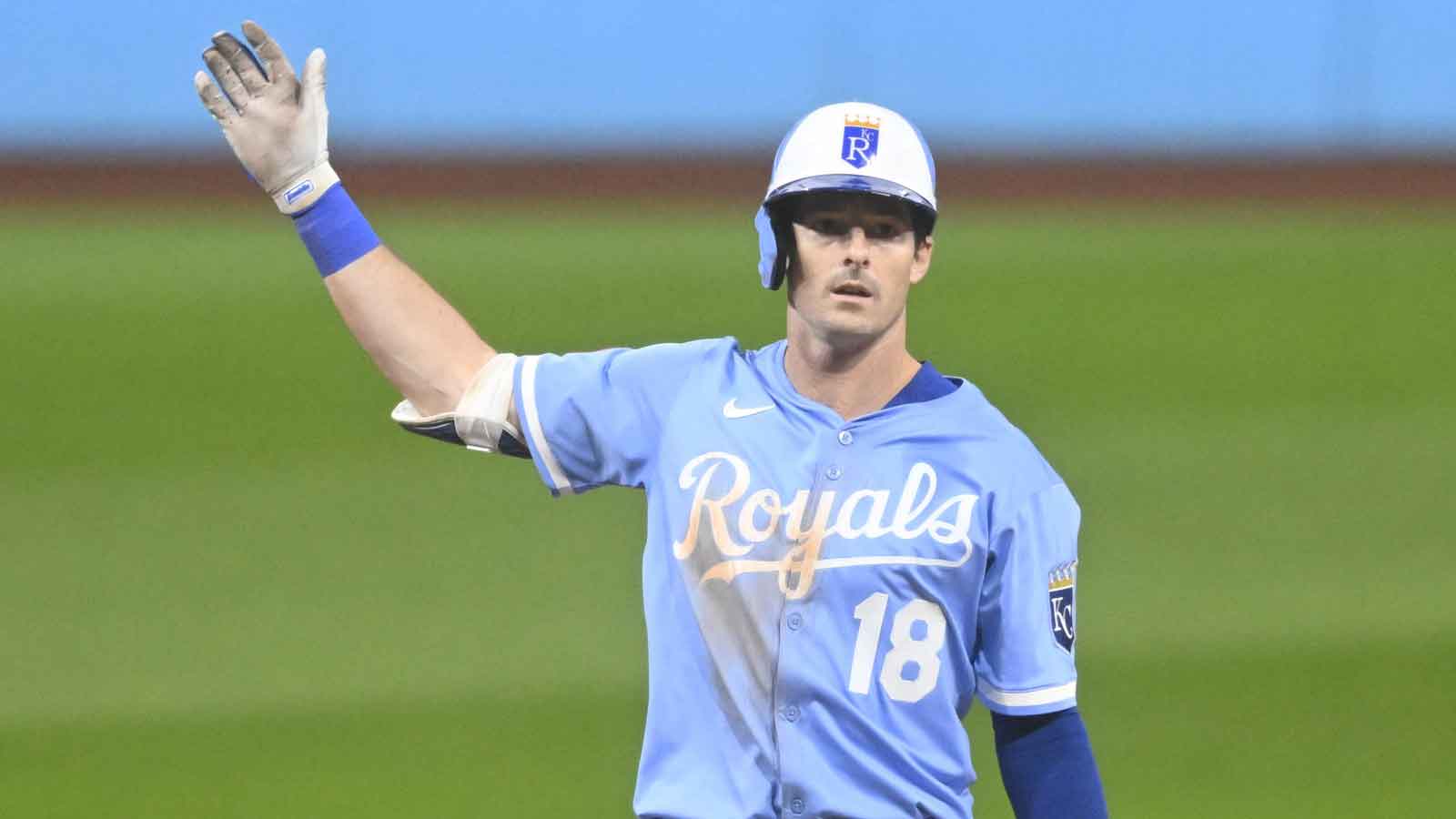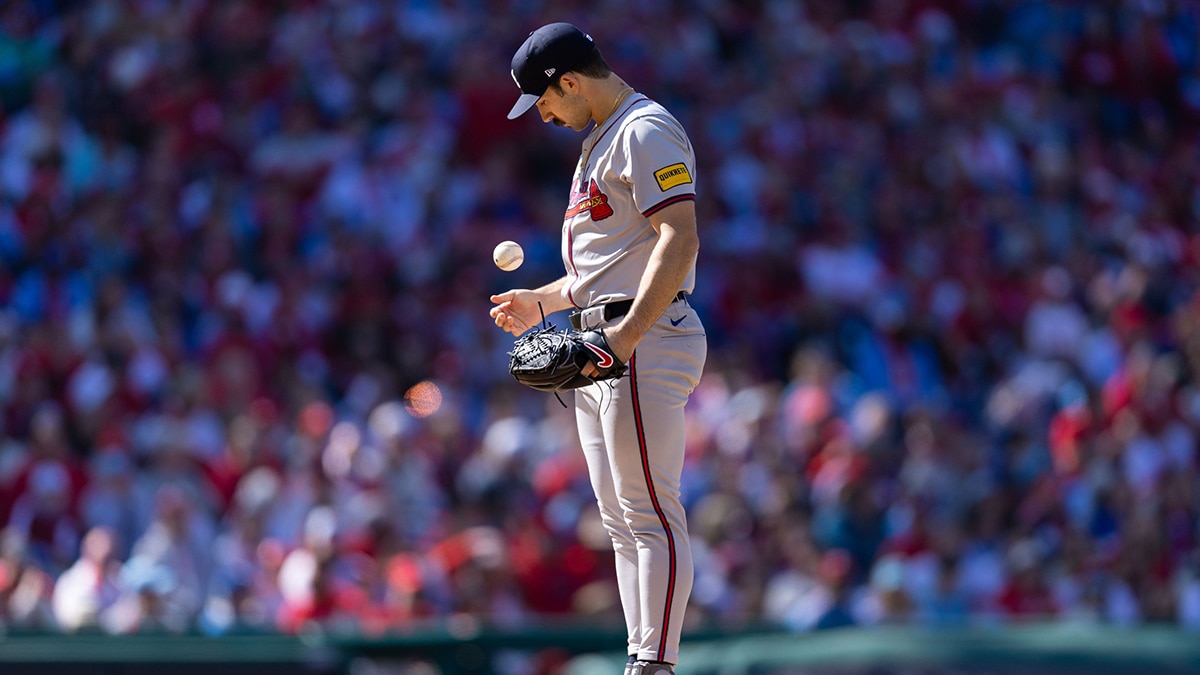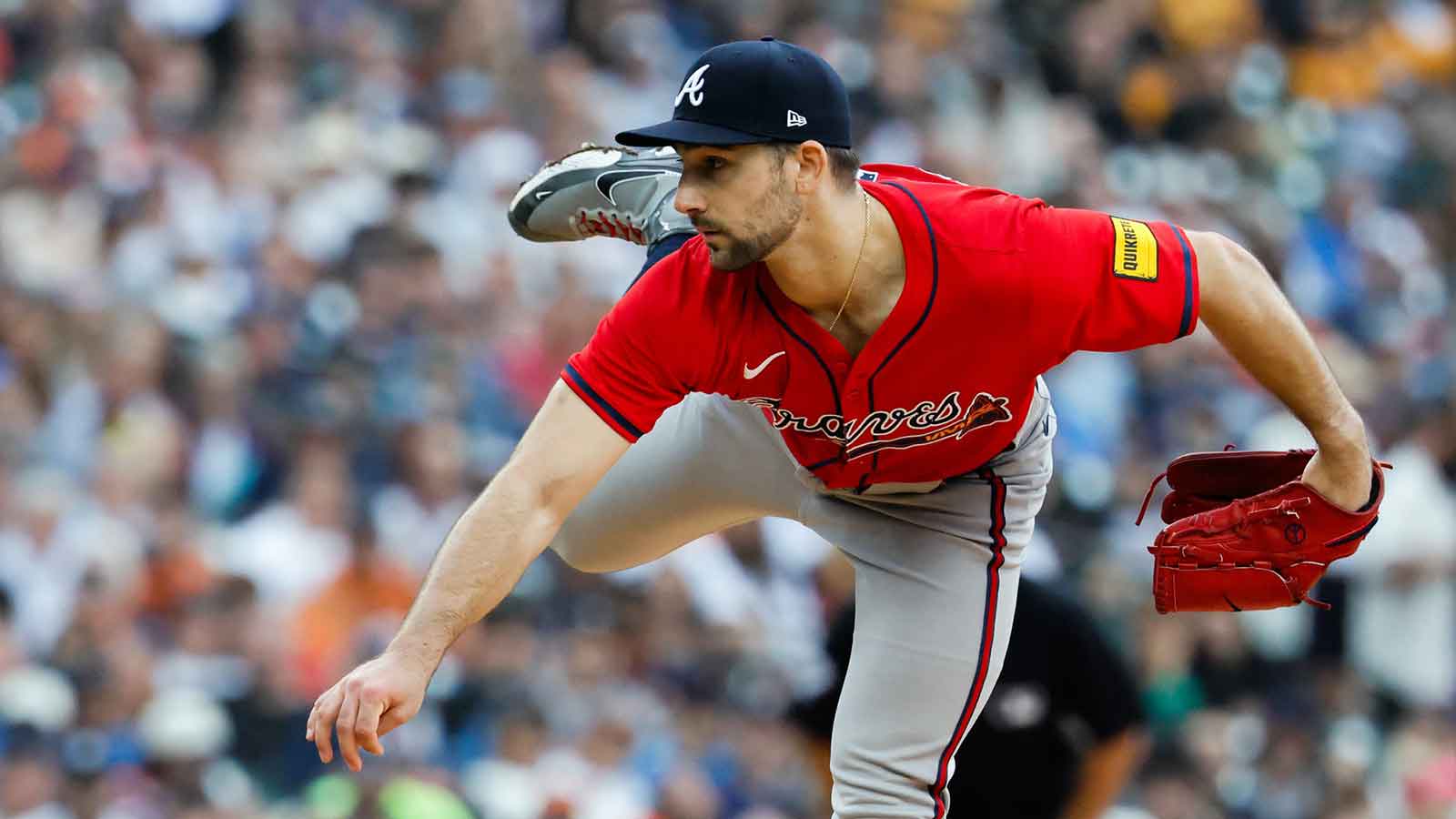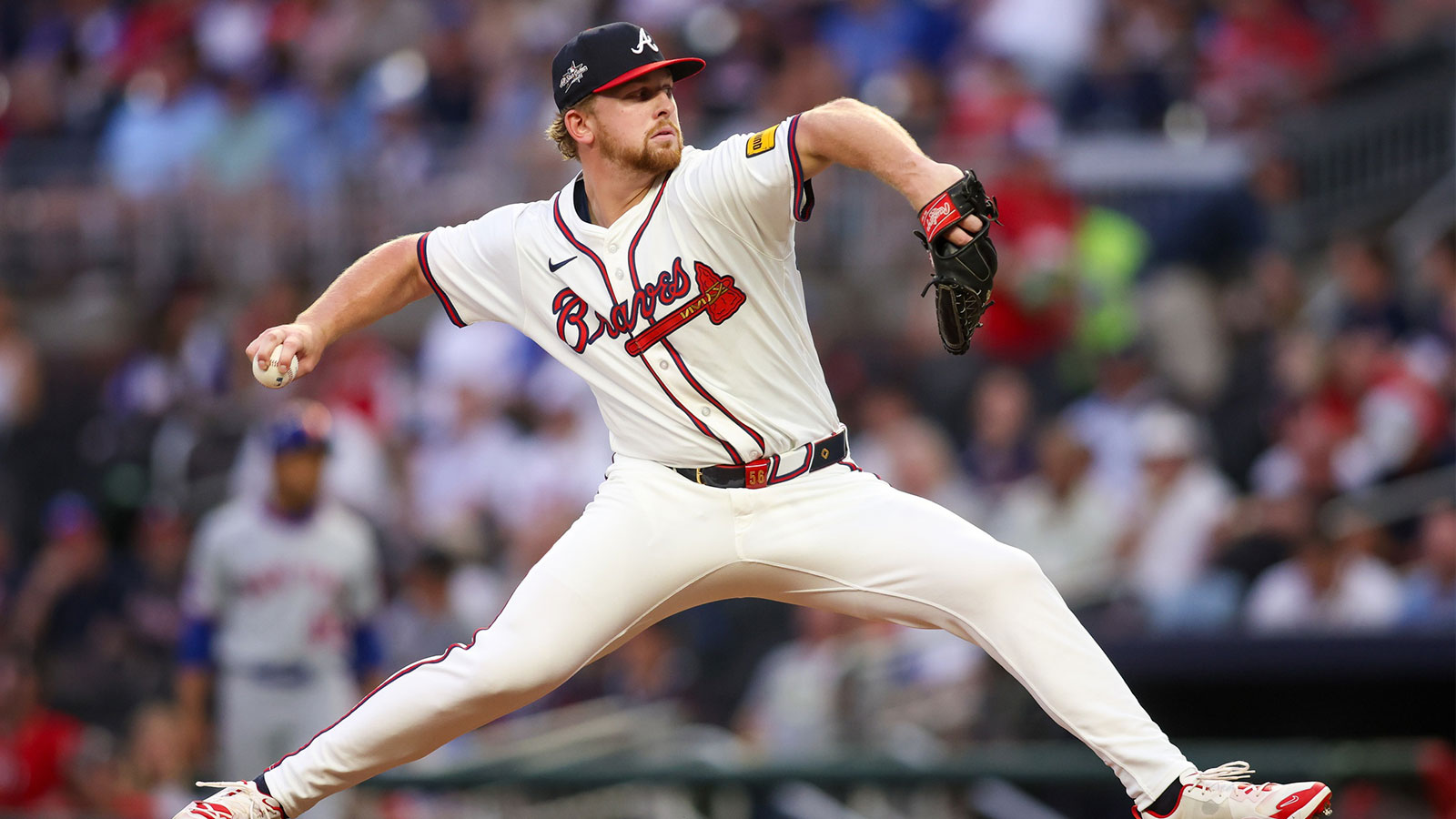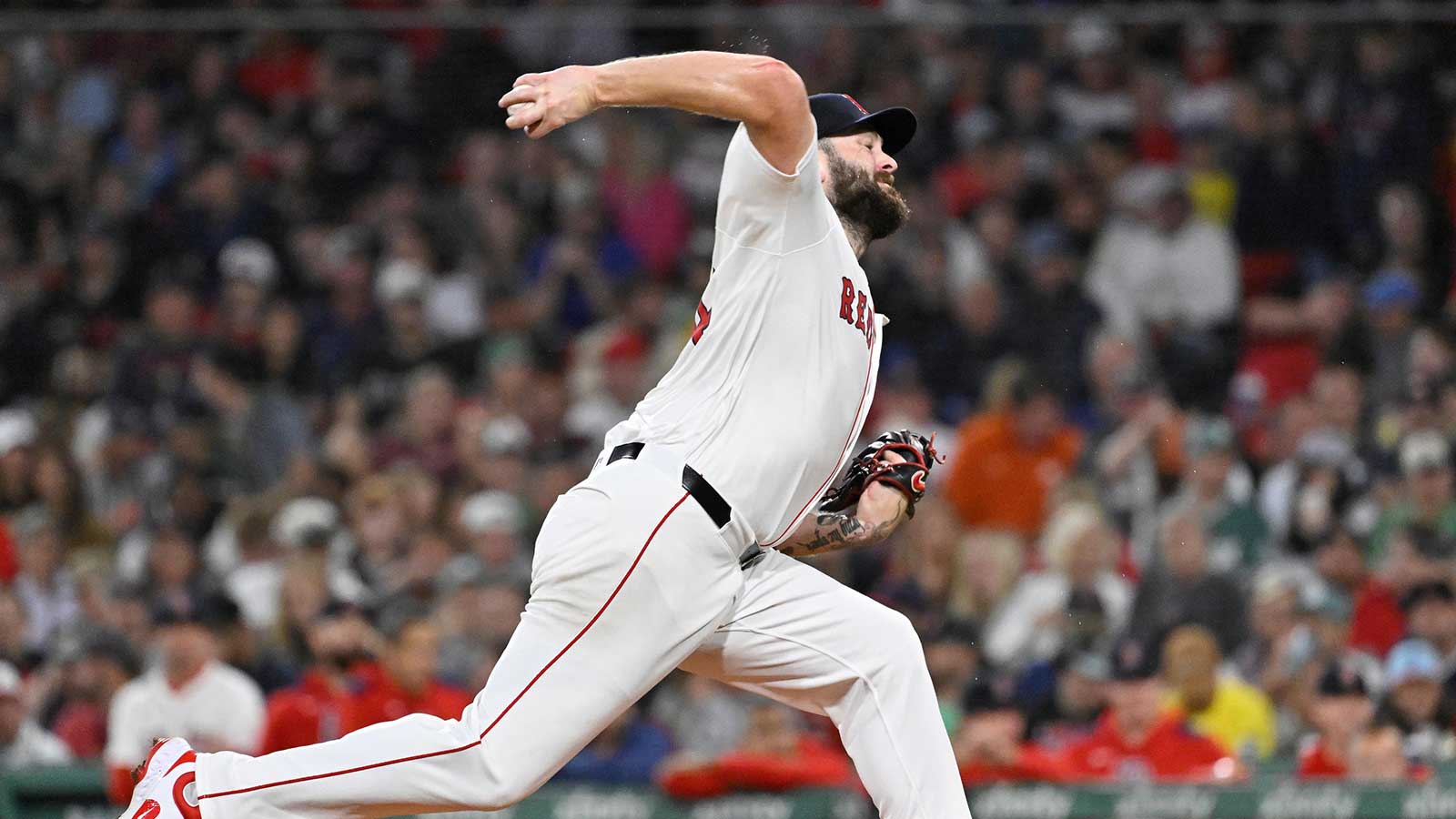The Atlanta Braves find themselves in a rare, albeit exceptional, position that sets them apart from the rest of the league. In the first half of the 2023 season, they have established themselves as the premier team in all of baseball, with a roster lacking weakness.
As the All-Star festivities are all now in the rearview of the 2023 season, the second half is here, and now the quest is on for October. Unlike virtually every other team in the league that will be on their phones until the first week of August, the Braves have the fortunate luxury of turning theirs off if they so choose.
The Braves are currently setting at 60-29 for the season with perhaps the most loaded roster in the entire league, with seemingly no holes at any position.
Current Braves roster has little to no needs
Followers of the Braves know that it's unlike the Braves to go out and spend money like there's no tomorrow. The Braves GM Alex Anthopoulos doesn't have that kind of checkbook given to him from Liberty Media, the owners of the team — until the team becomes a publicly traded company that is. Even with a top 10 payroll in the league, the Braves and Anthopoulos have had to be precise and calculated in their methods, using essentially every resource within the organization to build this current Atlanta roster. And now the fruits of their labor are being revealed as the Braves are kings of the league heading into the second half.
The Braves are getting the best out of their players at the best time of their careers — and at a lower cost.
Using Michael Harris II as an example, the Braves dazzling centerfielder, had only played 70 games in the big leagues before Anthopoulos signed him to a 10-year, $212 million deal last season. Harris is still only 22 years old. They also have Austin Riley, Matt Olson, Ronald Acuna Jr., Ozzie Albies, Sean Murphy and Spencer Strider together until 2028, where only Olson and Murphy will be beyond 30 years old by then. Meaning — the Braves will be maximizing the abilities of their roster for quite some time, getting them at the absolute best stages of their career. That is, of course, if they can stay healthy.
This is the essence of this team's strategy. Their aim is to discover you not only at your peak performance but also at your most lucrative stage, all while maximizing cost-effectiveness. But what does that have to do with this year's trade deadline, you ask? Everything. It tells you every bit of how this team and organization operates. They're honestly unique to almost every other team in the league.
Anthopoulos is clearly a general manager who is strong in his convictions, with a team over individual mentality approach. It's why it wouldn't shock many if he made little to no moves by the trade deadline.
Teams of the past haven't made moves
Some teams that achieved the best regular season record in the past didn't always prioritize making trades, regardless of whether it would have significantly impacted their final season results.
Take, for instance, the 111-win Los Angeles Dodgers from last year, whose only notable trades involved acquiring Joey Gallo and reliever Chris Martin.
Similarly, the unforgettable 114-win 1998 New York Yankees, while they may have came close to striking a blockbuster deal with the Seattle Mariners for Randy Johnson, they ultimately chose not to engage in any trades. Nevertheless, they went on to win the World Series.
Even the 2001 Seattle Mariners, renowned as one of the greatest regular season teams in baseball history with a remarkable 116 wins, didn't make any trade deals before or after the trade deadline.
The Braves currently possess the necessary elements to make it in October. Barring unfortunate injuries, this team can confidently rely on its existing roster and continue their winning ways without the need for major trades.



